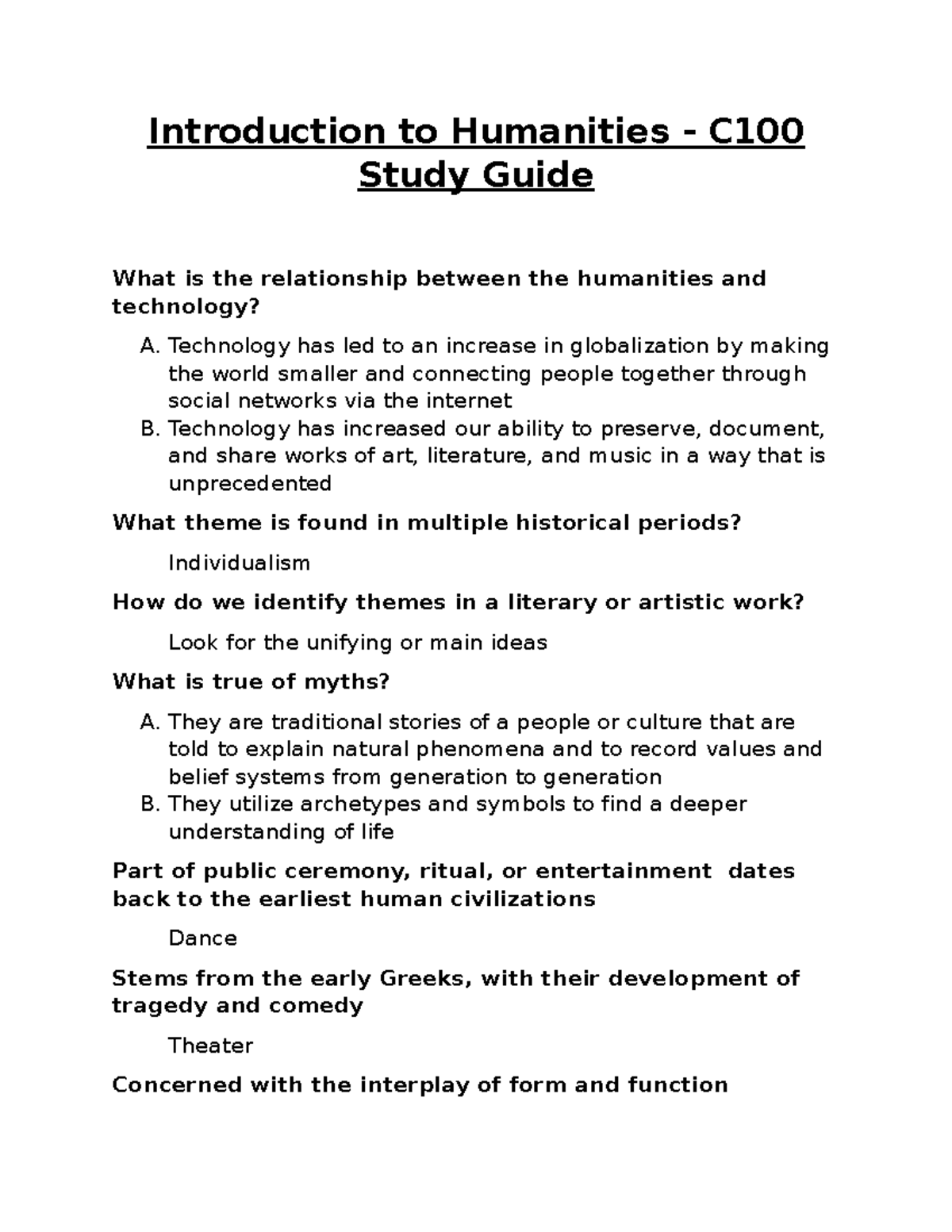Celeste Ng: Exploring Dystopia in ‘Our Missing Hearts’
April 6, 2025 | Culture News | No Comments

Celeste Ng, an acclaimed author renowned for her poignant narratives, continues to captivate readers with her thought-provoking works, including her latest novel, “Our Missing Hearts.” This dystopian novel weaves a tale of a mother and her biracial son living in a repressive society that echoes unsettling truths about our world. Ng’s unique perspective as an Asian American writer infuses her stories with rich cultural commentary, making her a significant voice in Asian American literature. Throughout her writing process, she explores complex themes of identity, family dynamics, and societal pressures, all of which resonate deeply with her audience. As her stories confront the intersection of personal and political issues, Ng invites readers to ponder the implications of her fiction amidst the backdrop of current events.
In contemporary literature, Celeste Ng stands out as a powerhouse, particularly known for her compelling exploration of familial relationships and cultural identity. Her latest work, “Our Missing Hearts,” embodies the essence of dystopian fiction, raising critical questions about ethnic discrimination and the consequences of societal divisions. Ng skillfully illustrates how personal narratives can reflect broader political landscapes, making her contributions significant within the realm of Asian American narrative forms. Her meticulous writing process reveals the layers of thought that underpin her novels, transforming individual experiences into universal messages of hope and resilience. As she engages with pressing social issues, Ng’s compelling storytelling reminds us of literature’s power to inspire change.
Exploring Celeste Ng’s Vision in ‘Our Missing Hearts’
Celeste Ng’s latest novel ‘Our Missing Hearts’ offers a poignant exploration of a dystopian future that feels increasingly relevant in today’s world. Through the narrative of a mother and her biracial son, Ng weaves a tale that underscores the personal consequences of political climates and societal expectations. The story unfolds in a Cambridge where loyalty is curtailed, nurturing an environment rife with fear and suspicion, particularly towards Asian Americans. This chilling scenario serves as a reflection on both historical and contemporary issues of racial bias and identity, placing Ng firmly within the traditions of Asian American literature, where the ramifications of cultural heritage are both intimate and profound.
As readers delve deeper into the woven fabric of ‘Our Missing Hearts’, they can observe how Ng brilliantly captures the nuances of motherhood and identity in an oppressive society. The protagonist, a Chinese American mother, is not only fighting for her child’s safety but also battling the stigma imposed by an unforgiving regime. Ng’s dual lens of personal and political creates a compelling narrative that challenges us to confront our societal values. This integration of the personal and political not only resonates deeply but is a hallmark of Ng’s writing style, making her work significant in the landscape of contemporary dystopian novels.
The Role of Asian American Literature in Dystopian Themes
Asian American literature occupies a crucial space in the dialogue around identity, culture, and resistance. By examining the experiences of characters like Ng’s in ‘Our Missing Hearts’, readers can better understand the complexities of biracial identity in a world marked by division. This genre shines a light on the unique challenges faced by Asian Americans, particularly during eras of social unrest and discrimination. Ng’s narrative is amplified by current global dynamics, making her work not only a literary endeavor but also a socio-political commentary that reflects the lived realities of many.
Dystopian novels frequently serve as a mirror to society, and through the lens of Asian American literature, we gain insights into the systemic issues that persist today. Celeste Ng’s work highlights these literary intersections with grace, inviting readers to empathize with marginalized voices. The experiences depicted in her narratives challenge readers to not only reflect on the present but to actively engage with the past, fostering a culture of awareness and advocacy. This essential dialogue further fortifies the credibility and importance of Asian American authors in the broader literary canon.
Furthermore, stories like Ng’s are vital in reshaping how Asian Americans are portrayed in literature, moving beyond stereotypes to present multifaceted characters who navigate their realities with emotional depth and resilience. As the genre evolves, it continues to challenge and redefine what it means to be an Asian American writer today.
In this context, Ng’s writing serves as a necessary counter-narrative to the traditional discourse around Asian identity, advocating for a broader range of stories that reflect diverse experiences. The incorporation of such narratives into the dystopian genre not only enriches the literary landscape but also challenges the conventional perceptions of race, belonging, and the human experience.
Celeste Ng’s Writing Process and Its Impact on Her Work
Celeste Ng’s writing process is as compelling as the narratives she creates, characterized by her thoughtful approach to drafting and ideation. In her discussions, Ng reveals that each story begins with a question, often rooted in personal experiences that evoke deep emotional connections. This introspective method allows her to explore themes of motherhood and identity while ensuring that her work retains an engaging authenticity. By prioritizing personal reflection over the mainstream demands of publishing, Ng crafts narratives that resonate with readers on a profound level.
Moreover, Ng’s rejection of artificial intelligence in her writing process speaks volumes about her commitment to creative integrity. She emphasizes the importance of engaging in the early stages of drafting, where initial ideas take shape, and crucial questions are formed. This insistence on preserving the integrity of her creative process underlines her dedication to not only crafting compelling stories but also to articulating the experiences of Asian American characters. Here, Ng exemplifies how the writing process, while often laborious and inefficient, is fundamental in exploring the complex interplay of personal and political themes in her novels.
The Significance of Resistance Art in Ng’s Narrative
In these times of societal upheaval, resistance art emerges as a powerful vehicle for change, and it resonates profoundly within Ng’s body of work. In her latest novel, ‘Our Missing Hearts’, the underground network of librarians symbolizes the resilience of art and literature in preserving narratives deemed ‘un-American’. Ng effectively emphasizes how resistance art can serve as a form of activism, empowering individuals to reclaim their stories amidst oppression. By drawing parallels to real-life art installations that highlighted family separations during the Trump administration, Ng illustrates the emotional potency of art to incite impact and provoke critical discussions.
Moreover, Ng’s recognition of how art can bypass immediate rational responses to societal issues underlines the innovative capabilities of storytelling. By weaving complex emotional narratives that resonate with readers, she elevates literature from mere storytelling to a form of resistance itself. In a world where silence often prevails, her novels encourage dialogue and understanding, reflecting the transformative potential of literature as an agent of change. Through art, particularly in literature, audiences are inspired not just to reflect, but also to act, effectively reinforcing Ng’s belief in the urgency of storytelling in today’s socio-political context.
Navigating Identity and Belonging in Ng’s Narrative
Identity and belonging are central themes in Celeste Ng’s novels, particularly in ‘Our Missing Hearts’. Her exploration of biracial identity through the character of Bird uncovers the nuanced struggles that come with navigating life at the intersection of different cultures. The societal pressures and familial expectations that relate to identity play out vividly as Bird searches for connection in a world willing to impose rigid boundaries on personal narratives. Ng’s portrayal of this journey is a poignant reminder of the challenges faced by many individuals who find themselves caught between diverse worlds.
Additionally, Ng’s approach to identity transcends mere racial descriptions; she delves into the internal conflicts that arise from being perceived through a lens of stereotype or expectation. By illustrating the complexities of belonging within both family and society, her writing serves to amplify the voices of those who often feel marginalised or misunderstood. This rich tapestry of experiences not only enhances the reader’s understanding of the character’s struggles but also encourages a broader conversation about race and identity amidst a changing socio-political landscape.
The Relevance of Dystopian Themes in Today’s Society
Dystopian themes, as illustrated in Ng’s ‘Our Missing Hearts’, hold significant relevance in today’s rapidly changing society. Ng’s narrative offers a cautionary reflection on how easily societal norms can shift to favor exclusion rather than inclusion. In her portrayal of a world where ‘unpatriotic’ behaviors are criminalized, she taps into fears that resonate with readers navigating contemporary issues of civil rights and personal freedoms. This cautionary tale is not merely fictional but serves as both a metaphor and a warning about the potential repercussions of societal complacency.
Moreover, the discussions raised by Ng surrounding anti-Asian sentiment during the COVID-19 pandemic articulate how these deeply rooted biases can surface in times of crisis. Dystopian literature, especially within the framework of Asian American narratives, has the dual function of critiquing current societal trends while projecting the possible futures that may arise from ongoing racial tensions. Ng’s work compels readers to examine their reality, encouraging awareness and reflection.
Emerging Narratives in Asian American Literature
As the landscape of Asian American literature continues to evolve, voices like Celeste Ng’s are essential in showcasing the personal narratives that redefine understanding of ethnicity and identity. Today, new authors are emerging to tell diverse stories that highlight the richness and variance within Asian American experiences. Ng’s contributions serve as an important framework that inspires future generations of writers to explore their backgrounds and convey their complex identities through innovative storytelling techniques.
These narratives challenge monolithic representations of Asian American experiences and advocate for multiplicity in storytelling. By highlighting unique cultural backgrounds and personal histories, the next wave of writers can move beyond stereotypes and conventional storytelling tropes. Ng’s success underscores the importance of these varied experiences and showcases their relevance in contemporary literature, encouraging diverse perspectives that span across genres and themes.
Frequently Asked Questions
What is Celeste Ng’s novel “Our Missing Hearts” about?
“Our Missing Hearts” is a dystopian novel by author Celeste Ng that follows the story of a mother, Margaret, a Chinese American woman, and her biracial son, Bird. Set in a future Cambridge where unpatriotic behaviors are criminalized and children can be taken from their parents, the novel explores themes of identity, motherhood, and the impact of societal pressures on personal relationships. As with her earlier works, Celeste Ng delves into Asian American experiences and the complexities surrounding cultural issues.
How does Celeste Ng’s writing process influence her novels?
Author Celeste Ng describes her writing process as somewhat inefficient, particularly in the initial draft stages where she seeks to clarify her central questions. She emphasizes the importance of personal reflection and emotional engagement in her writing, rejecting the use of AI in the early phases of her projects. Ng’s approach to her novels, including “Our Missing Hearts,” often starts with a question about identity and relationships, which she develops through character-driven narratives.
What themes does Celeste Ng explore in Asian American literature?
Celeste Ng’s literature prominently features themes relevant to Asian American experiences, such as identity, family dynamics, and cultural tensions. In novels like “Our Missing Hearts” and “Little Fires Everywhere,” she illustrates the complexities of being Asian American, addressing issues like systemic bias and the interplay between personal and political struggles. Her works seek to highlight the unique challenges faced by Asian Americans while also emphasizing hope and resilience.
How does “Our Missing Hearts” reflect current societal issues according to Celeste Ng?
Celeste Ng believes that “Our Missing Hearts” reflects current societal issues, particularly the rise of anti-Asian sentiments and systemic biases observed during the COVID-19 pandemic. The novel’s dystopian elements, such as the criminalization of un-American actions, resonate with real-world events, prompting readers to examine historical patterns and the consequences of societal fear and prejudice within the context of Asian American experiences.
What inspired Celeste Ng to write “Our Missing Hearts”?
The inspiration for “Our Missing Hearts” came from Celeste Ng’s personal experiences as a mother, especially feelings about the time spent away from her son due to book tours. Drawing from her life while creating a fictional narrative, she explores the challenges of balancing personal aspirations with parental responsibilities. The story’s themes are further enriched by societal challenges, reflecting Ng’s ongoing engagement with cultural issues faced by Asian Americans.
How does Celeste Ng address the topic of tokenism in her works?
In her discussions, Celeste Ng has spoken out against tokenism, highlighting that Asian American stories are diverse and cannot be reduced to a single narrative. She emphasizes the need for varied representations in literature, advocating for stories that integrate ethnicity and background as integral parts of character development rather than defining them entirely. This perspective is pivotal in her novels like “Our Missing Hearts,” where characters navigate complex identities and experiences.
What message does Celeste Ng hope to convey through her book “Our Missing Hearts”?
Through “Our Missing Hearts,” Celeste Ng aims to inspire hope despite the challenges depicted in her dystopian narrative. She wishes for the novel to resonate with readers in a way that prompts reflection on current issues as well as a deeper connection to familial and cultural bonds. Ng’s intention is to encourage readers to recognize the power of storytelling and its ability to evoke emotional responses that can lead to awareness and action.
| Key Points |
|---|
| Celeste Ng’s latest novel, ‘Our Missing Hearts’, explores the relationship between a mother and her biracial son in a dystopian future where unpatriotic behavior is criminalized. |
| The personal experience of Ng as a mother influenced the creation of the novel’s characters and storyline, reflecting both internal and societal conflicts. |
| The themes in Ng’s work often address issues of race and the impact of socio-political climates on personal lives, as highlighted by the increasing relevance of her fictional world. |
| Ng emphasizes the need for awareness of anti-Asian bias, particularly in light of recent events that have escalated violence against Asian American communities. |
| Art and literature serve as powerful tools for emotional engagement and can inspire action amidst societal disillusionment and distress. |
| Ng advocates for diverse storytelling within the Asian American experience, pushing against stereotypes and tokenism in literature. |
Summary
Celeste Ng’s thought-provoking exploration of personal and political themes in her work resonates deeply in today’s sociopolitical climate. In ‘Our Missing Hearts’, she crafts a narrative that intricately weaves together the struggles of identity, motherhood, and societal expectations, especially regarding the Asian American experience. Her focus on the current relevance of her dystopian fiction highlights the urgent need for awareness and understanding of contemporary issues, making her work not only compelling but also essential for readers seeking insight into the complexities of race and culture.
Asian American literature, author Celeste Ng, Celeste Ng, dystopian novels, Our Missing Hearts, writing process

